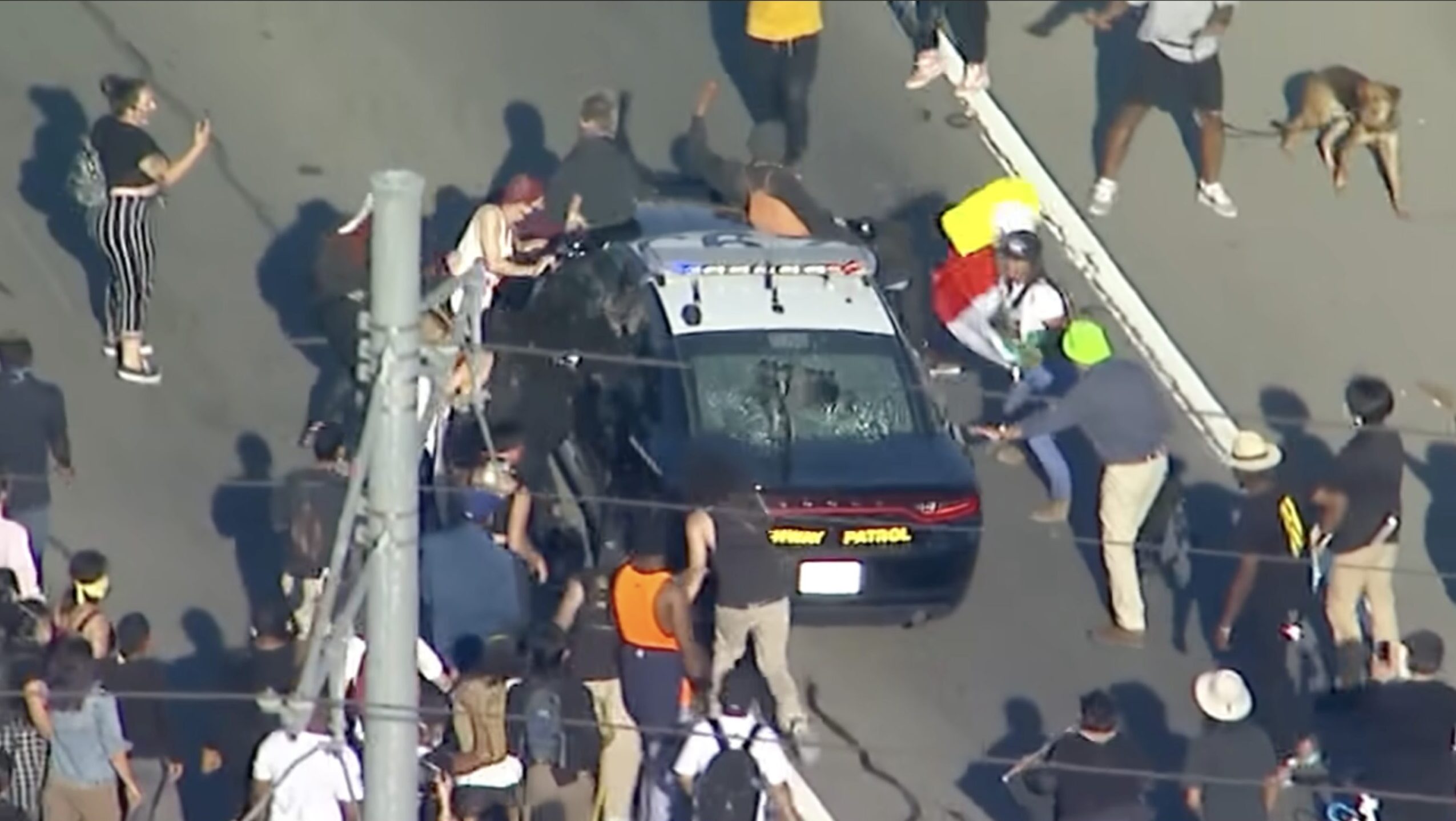Assata Shakur died Thursday. Media coverage varied significantly, with The New York Times describing her as a "revolutionary" who fled to Cuba, while USA Today referred to her as Tupac's godmother seeking political asylum. Rolling Stone labeled her a "Convicted Black Liberationist," and Harper's Bazaar called her a "Legendary Revolutionary." However, these headlines often omit the fact that Shakur was convicted of murdering New Jersey officer Werner Foerster and was placed on the FBI’s most wanted terrorist list after escaping prison.
Explainer 118 House Democrats Refuse To Condemn Charlie Kirk's Assassination
The differing portrayals raise questions about the media's approach to language and extremism. Critics argue that labeling Shakur as a freedom fighter attempts to justify her actions as a cop killer, similar to how some contemporary leftist movements frame their actions. This trend is not new; the left has a history of glamorizing figures associated with violence to achieve political ends.
The Black Panther Party serves as a notable example. Once characterized as a militant group advocating violence against law enforcement, they are often recast in modern narratives as champions of social change. The FBI has classified the Black Panther Party as an "extremist organization" that used violence to challenge the U.S. government. Yet, some portrayals emphasize their community programs while downplaying their violent history.
Similarly, the Black Lives Matter movement, which gained prominence in 2020, faced scrutiny for its role in nationwide protests that resulted in significant property damage and violence. Despite these events, some media outlets have described the riots as peaceful protests. MSNBC's Ali Velshi suggested that violence aimed at promoting democracy could be justified, reflecting a broader narrative that seeks to legitimize violent actions under the guise of social justice.
Recent violent incidents, such as the murder of United Healthcare CEO Brian Thompson, have also been framed in a political context. Some politicians have expressed sympathy for those celebrating Thompson's death, suggesting that his killing serves as a warning about the healthcare system. This rhetoric raises concerns about legitimizing violence as a form of political expression.
The left's approach to violence extends beyond rhetoric; it includes tangible rewards for individuals associated with extremist actions. For instance, President Joe Biden commuted the sentence of Leonard Peltier, convicted of killing two FBI agents. Similarly, President Bill Clinton granted clemency to members of the Armed Forces of National Liberation, a group responsible for numerous bombings in the U.S.
The trend of elevating figures with violent pasts continues, as seen in the case of Angela Davis, who received an honorary degree from Cambridge University. Davis's history includes supplying weapons for a failed courtroom takeover that resulted in multiple deaths, yet she is often portrayed as a champion of justice.
The media's portrayal of these figures and events suggests a pattern of reframing violence as acceptable in pursuit of a perceived greater good. As long as such narratives persist, the cycle of legitimizing political violence may continue, raising critical questions about the implications for society.
Brianna Lyman is an elections correspondent at The Federalist. She graduated from Fordham University with a degree in International Political Economy. Her work has been featured on Newsmax, Fox News, Fox Business, and RealClearPolitics. Follow Brianna on X: @briannalyman2.
Why it matters
- Assata Shakur's death highlights contrasting media narratives, raising concerns about the portrayal of violent figures in political contexts.
- The varied descriptions of Shakur reflect broader issues of language and extremism in media, questioning the justification of violence for political ends.
- The media's framing of Shakur and similar figures may contribute to a cycle of legitimizing political violence, impacting societal perceptions.
- Critics argue that glamorizing violent historical figures can distort public understanding of their actions and the consequences.
What’s next
- Investigations into media portrayals of Shakur and similar figures may be warranted to assess their impact on public perception.
- Calls for accountability in media language surrounding violence and extremism are likely to intensify following Shakur's death.
- Upcoming discussions on political violence and its justification in media narratives are expected in public forums and academic settings.
